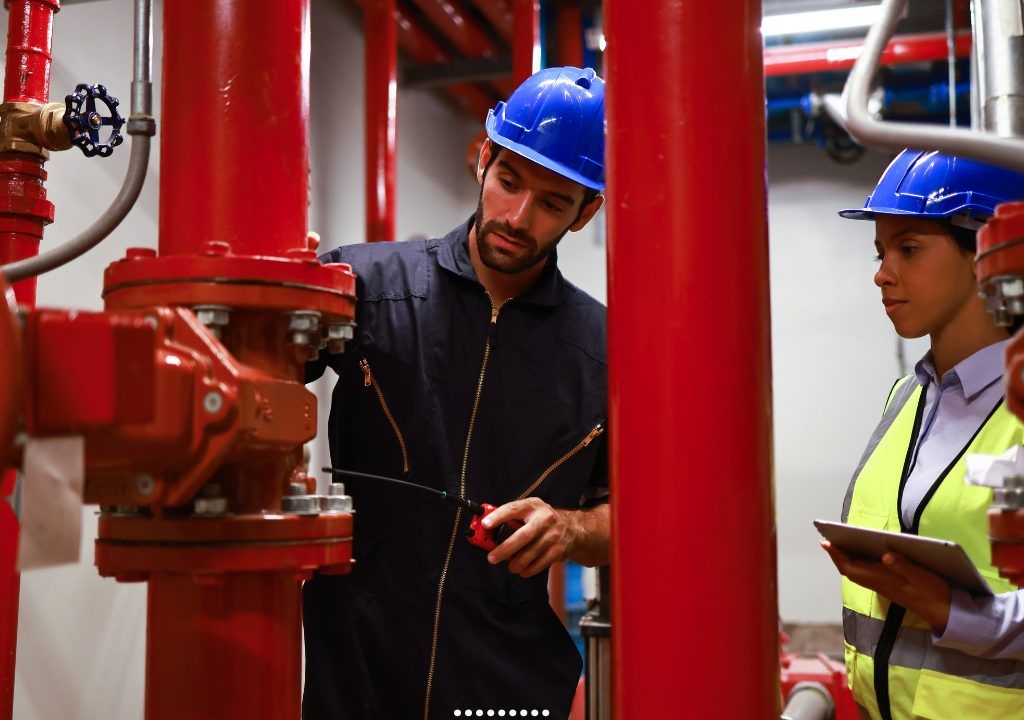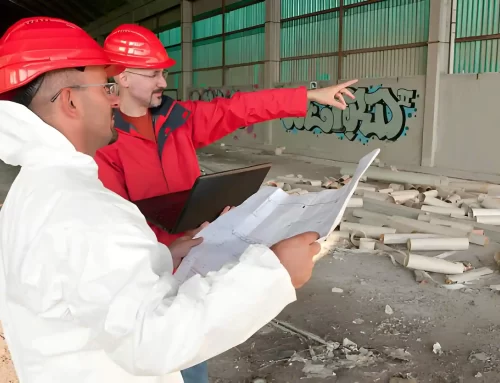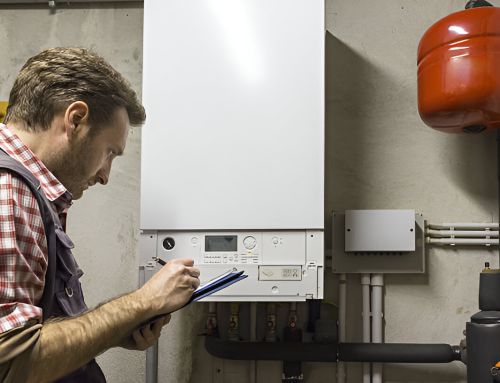
So, you forgot to have a gas safety certificate, huh? Well, let me tell you, the consequences might surprise you.

The potential fine for not possessing this crucial document can be more than just a slap on the wrist. It’s essential to understand the gravity of the situation and what it could mean for your finances and legal standing.
Stay tuned to uncover the real cost of neglecting a gas safety certificate and why it’s not a risk worth taking.
Understanding Gas Safety Certificates
Gas safety certificates, essential for both residential and commercial properties, are issued annually after a thorough inspection of gas fittings, appliances, boilers, and fuels. Gas safety regulations dictate the importance of these inspections to ensure the safety of occupants. Regular maintenance of gas appliances is crucial to prevent accidents and leaks.
Landlords have obligations under the law to guarantee the safety of gas fittings, pipelines, and flues within their properties. Additionally, tenants must take safety precautions seriously to avoid potential hazards. Understanding the significance of gas safety certificates not only ensures compliance with regulations but also prioritizes the well-being of everyone in the property.
Gas Safety Certification Process

Engage a Gas Safe registered engineer for a comprehensive inspection of your gas appliances and flues to initiate the gas safety certification process.
The process is governed by strict gas safety regulations outlined in the Gas Safety (Installation and Use) Regulations 1998. These regulations mandate an annual inspection of gas fittings, appliances, boilers, and flues by a qualified gas safety engineer registered with the Gas Safe Register.
The engineer’s qualifications are crucial as the inspection requirements encompass a thorough examination of gas fittings, appliances, boilers, flues, gas fires, and cookers. Upon completion, the gas safety certificate is valid for one year and necessitates timely renewal to ensure continued compliance.
To verify the engineer’s credentials, check their registration on the Gas Safe Register website. The certification process includes a detailed inspection, recording of findings, and necessary repairs.
The certificate is typically provided within a few days along with a comprehensive report detailing the inspection results. It’s paramount to adhere to these procedures diligently to maintain the safety and validity of the gas safety certificate.
Tenant and Landlord Responsibilities
Upon completion of the gas safety certification process, it’s imperative to understand the distinct responsibilities that tenants and landlords bear in ensuring gas safety within a property. Tenant education plays a vital role in this aspect, as tenants are responsible for gas safety checks on the appliances they bring into the property.
On the other hand, landlords have specific obligations to ensure the safety of the gas supply, including maintaining gas appliances and pipelines. Safety awareness is crucial for both parties to prevent any potential hazards related to gas usage.
Compliance importance can’t be overstated, as adhering to gas safety regulations not only ensures the well-being of occupants but also avoids legal consequences. Failure to comply with these responsibilities can result in fines up to £6000, potential jail time of up to 26 weeks, and other serious legal repercussions. Therefore, both tenants and landlords must prioritize gas safety to maintain a secure living environment and avoid any legal entanglements.
Post-Certification Safety Measures
After obtaining a gas safety certificate, it’s essential to prioritize regular annual gas safety inspections to maintain the security of the property. Annual inspections ensure that gas fittings, appliances, boilers, and flues are in optimal condition, adhering to safety standards.
In addition to these inspections, it’s crucial to consider additional safety measures post-certification. Installing carbon monoxide alarms is a proactive step to detect any presence of this silent killer. Prompt reporting of gas leaks by tenants or landlords is imperative to address potential hazards swiftly.
While landlords aren’t legally obligated to install carbon monoxide alarms, it’s a recommended safety precaution. Continuing vigilance through regular annual inspections, coupled with immediate gas leak reporting and carbon monoxide alarm installation, enhances the safety of the property and its occupants.
Prioritizing these safety precautions aligns with landlord obligations to ensure a secure living environment for tenants and can prevent potential risks associated with gas-related incidents.
The Risks of Non-Compliance
In failing to comply with gas safety regulations, landlords expose themselves to significant legal and financial risks. Legal consequences for not having a gas safety certificate can result in fines up to £6,000, potential imprisonment for up to 26 weeks, and even manslaughter charges if safety hazards lead to casualties.
Financial penalties can escalate due to invalidated property insurance and the costs associated with legal proceedings. Landlord obligations include ensuring the safety of gas appliances, pipelines, and flues to protect tenants from potential harm.
The importance of compliance can’t be overstated, as non-compliance not only puts lives at risk but also jeopardizes the landlord’s legal standing and financial stability. Therefore, adhering to gas safety regulations and obtaining the necessary certification is crucial for both tenant safety and the landlord’s legal and financial well-being.
Penalties for Lack of Certification

Facing non-compliance with gas safety regulations, landlords subject themselves to substantial legal and financial risks. Legal repercussions for not possessing a gas safety certificate can result in fines of up to £6000 and potential imprisonment for a maximum of 26 weeks.
Failure to adhere to certification requirements may lead to serious safety implications, including the possibility of manslaughter charges if a tenant were to suffer harm due to unchecked gas appliances. Additionally, lacking a gas safety certificate could invalidate property insurance, leaving landlords financially vulnerable in case of accidents.
Enforcement measures for non-compliance are strict, with recent instances showcasing hefty fines and suspended imprisonment for landlords who neglect their compliance obligations. It’s essential for landlords to prioritize gas safety certification to avoid these significant financial consequences, legal penalties, and to uphold their responsibility for ensuring the safety of their tenants.
Frequently Asked Questions
Are There Any Specific Requirements or Regulations for Gas Safety Certificates in Commercial Buildings or Properties, or Do the Same Rules Apply as for Residential Properties?
In commercial buildings, gas safety certificates follow similar rules as residential properties. Regular inspections by Gas Safe engineers are crucial. Landlords must ensure gas safety, while tenants have rights to safe gas appliances. Implement safety precautions to prevent penalties or risks.
Is It Possible for a Gas Safety Certificate to Be Revoked or Invalidated After It Has Been Issued, and What Would Be the Reasons for Such an Action?
When a gas safety certificate faces revocation, reasons like expired certificate, inspection discrepancies, legal repercussions, faulty installations, and gas leak risks can trigger such actions. Regular checks and prompt corrections are crucial.
How Often Are Gas Safety Regulations and Requirements Updated or Changed, and How Can Landlords and Tenants Stay Informed About Any New Developments in This Area?
Staying updated on safety regulations is essential. Landlords and tenants can utilize official websites, newsletters, and training sessions. Regular checks, clear communication, and prompt maintenance are key. Knowing the law prevents fines and ensures safety.
Can Tenants Request a Copy of the Gas Safety Certificate or Inspection Report From Their Landlord, and What Should They Do if They Do Not Receive This Documentation?
As a tenant, I have the right to request a copy of the gas safety certificate from my landlord. If not provided, I can take legal action. Gas safety is crucial, and having proof of inspection ensures accountability.
Are There Any Additional Steps or Precautions That Landlords Can Take to Ensure the Ongoing Safety and Maintenance of Gas Appliances and Fittings in Their Properties, Beyond Just Obtaining the Initial Gas Safety Certificate?
To ensure ongoing safety of gas appliances, landlords can implement maintenance schedules, conduct regular appliance checks, prioritize regular servicing, install carbon monoxide alarms, and emphasize gas leak detection. These steps are crucial for tenant safety and compliance.
Conclusion
In conclusion, the repercussions of not having a gas safety certificate are severe and can result in hefty fines, imprisonment, and even manslaughter charges in extreme cases.
It’s imperative for landlords and property owners to prioritize the safety of their tenants by obtaining and maintaining a valid gas safety certificate. Compliance with gas safety regulations isn’t just a legal requirement but a fundamental responsibility that must be upheld to ensure the well-being of all individuals within a property.
About the Author: LandlordCertificate
Related Posts
Get Social
Recent Posts
- Choosing the Right Consumer Unit for Fuse Box Installation London in Properties
- Electrical Diagnostic London: How Professional Testing Keeps Your Property Safe and Compliant
- Asbestos Management Survey London: Update Your Property Records
- Gas Safety Certificate London: Why Regular Checks Save Money Long-Term
- FRA London Explained: How a Professional Fire Risk Assessment Keeps You Compliant and Safe













